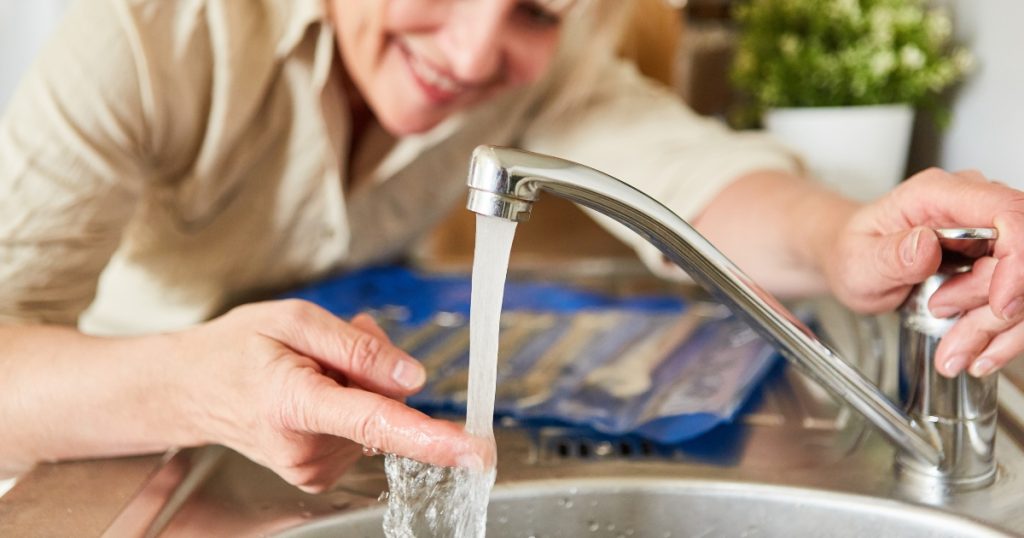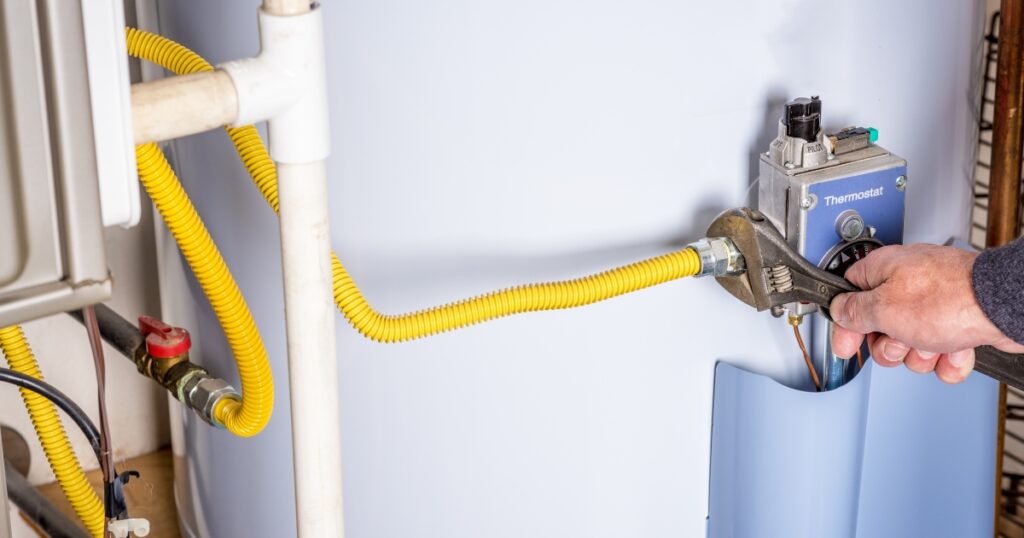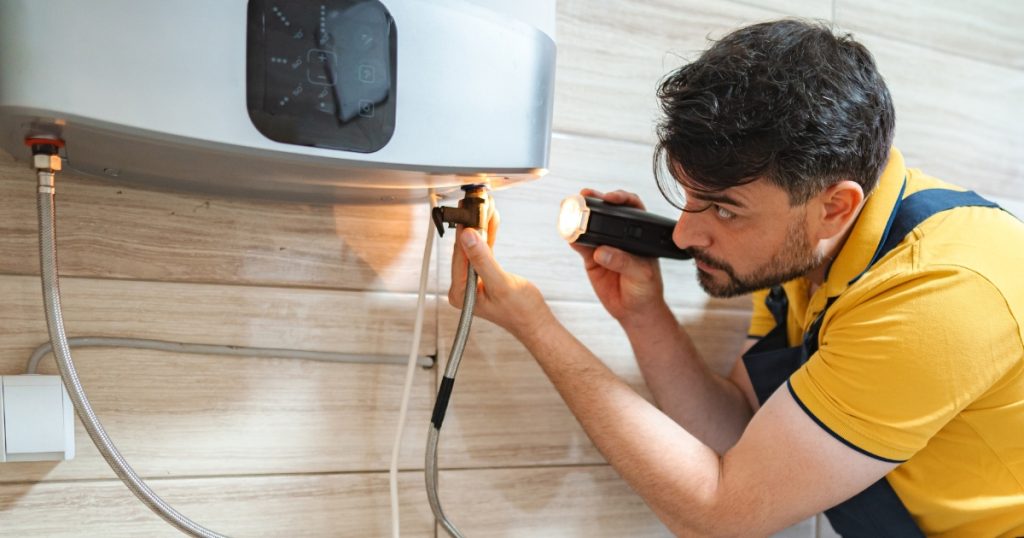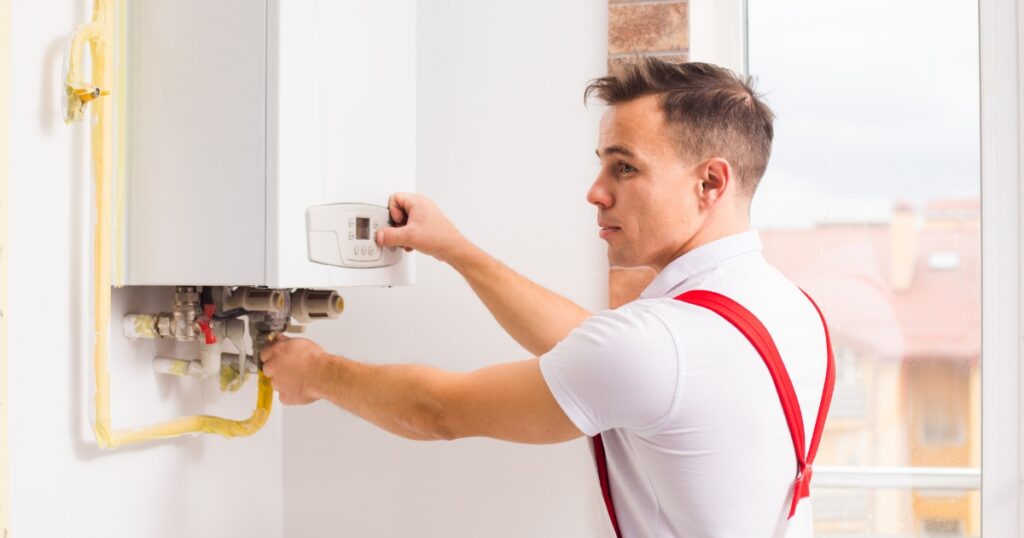When storms or power outages happen, most people focus on food, lighting, and communication. Hot water is often overlooked until it stops working. Losing access to it can quickly make a difficult situation even more stressful.
Without hot water, everyday tasks like washing dishes, cleaning, or caring for family members become inconvenient and uncomfortable. In Newcastle and the Hunter, sudden outages during bad weather can make this problem even harder to manage.
Preparing your hot water system before an emergency helps you stay comfortable, safe, and hygienic. By understanding how your system works, keeping it serviced, and knowing what to do during an outage, you can avoid unnecessary stress when the unexpected happens.
Why Hot Water Matters in an Emergency
Hot water is essential in an emergency because it supports hygiene, comfort, and health. It allows you to wash, clean, and maintain a safe environment when other systems are disrupted. Without it, basic household routines become difficult and can increase stress during already challenging times.
In situations like blackouts or storm damage, reliable hot water helps you manage daily needs more easily. It provides warmth, improves sanitation, and keeps living conditions comfortable for families, especially when recovery takes longer than expected.
Understanding the role of hot water during emergencies can help you plan ahead and avoid unnecessary discomfort when outages occur.

Know Your Hot Water System
Knowing how your hot water system works can make a big difference during an emergency. Each system responds differently when the power goes out or when supply is interrupted. Electric systems stop heating immediately, while gas and solar units may continue to work depending on how they are set up.
Take a few minutes to understand the type of system you have and how it behaves in a power outage. Check whether it runs on electricity, gas, or solar energy, and locate the controls or valves you might need to use.
It also helps to learn how to reset or restart the system safely after an outage. Taking these small steps before an emergency can save time and reduce stress when you need hot water most.
Consider Backup or Alternative Options
A reliable backup option can make a big difference when your main hot water system stops working. In areas like Newcastle, where storms and blackouts can occur without warning, having an alternative source helps you stay prepared.
Instant gas systems, solar units with battery storage, or energy-efficient heat pumps can continue to supply hot water even when electricity is down. These options also help reduce energy use and maintain comfort during unexpected outages.
Before choosing a backup system, it is best to speak with a licensed installer who understands local conditions. They can help you find a setup that suits your home, energy needs, and long-term plans. You can also explore more reliable systems and energy-efficient solutions through Hogan Hot Water & Air, which offers a range of modern options suited to Newcastle’s climate.
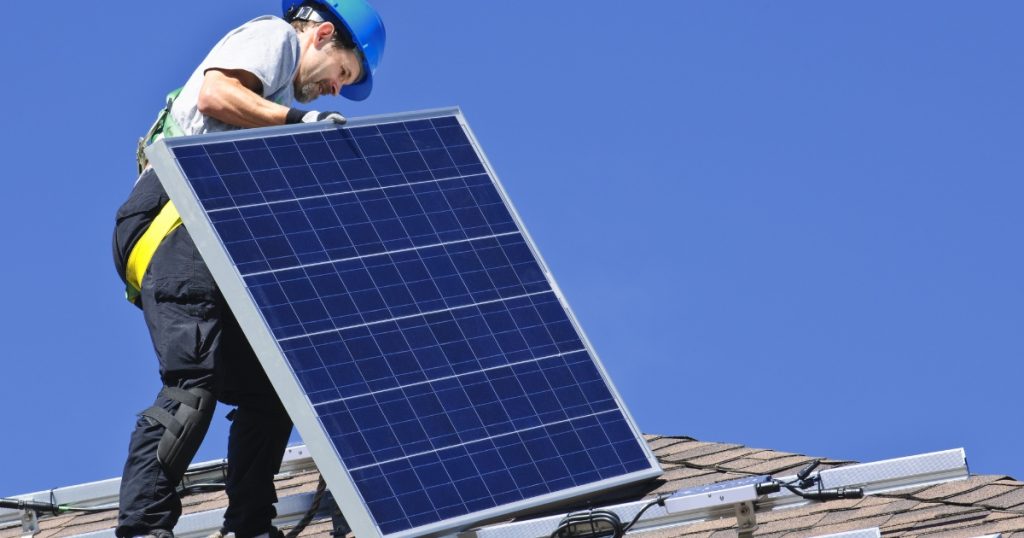
Maintenance is Key
Keeping your hot water system in good condition helps ensure it performs well during an emergency. A system that is checked and serviced on time is far less likely to fail when power or water supply issues occur.
Tasks such as flushing the tank, inspecting valves, and replacing worn parts can extend the lifespan of your system. These steps also improve efficiency and help prevent faults when you need hot water most.
Booking a yearly service with a licensed technician helps detect problems early so they can be fixed before they become costly. Proper care gives you confidence that your system will keep working when unexpected events happen.
Practical Tips for Emergency Situations
Preparing for power or water disruptions can help you manage unexpected situations more easily. Small actions taken in advance can prevent damage, reduce stress, and keep essential systems working safely.
Newcastle homes can experience storms and power outages at any time of year. Knowing what to do when your hot water stops working helps you respond quickly and avoid further issues. A few simple habits can make your system more reliable when it matters most.
- Store a few litres of clean water for washing and hygiene needs.
- Use stored hot water sparingly during an outage to conserve supply.
- Check for leaks or unusual noises, and isolate the system if water is escaping.
- Keep the contact details of a trusted plumber or hot water specialist nearby.
- Switch off any electrical controls linked to the system if flooding occurs.
Being prepared before storm season gives you confidence that your hot water system will handle unexpected conditions. Planning ahead ensures comfort and safety for your household even when disruptions happen suddenly.
Staying Prepared for Any Situation
Hot water plays a bigger role in comfort and safety than most people realise. Having a plan in place before an emergency helps you stay calm and ready when power or water supply problems occur.
Understanding your system, keeping it serviced, and knowing how to respond during an outage will make it easier to manage unexpected situations. These steps also help protect your home from damage and save time when things go wrong.
If you want expert help with preparation or repairs, our team at Hot Water Repairs Today can assess your system and recommend practical ways to keep it reliable throughout the year.
Frequently Asked Questions
Having a plan for your hot water system can make emergencies easier to manage. Below are answers to common questions about keeping systems working safely during power loss, storms, and unexpected breakdowns.
Can hot water still work during a blackout?
Some systems can. Gas and solar units may continue heating water, while electric systems stop once the power cuts out. If you have a storage tank, use the available hot water carefully until power returns.
How can I prepare my hot water system for a storm?
Inspect the tank, valves, and fittings for any signs of wear. Know where the isolation switches and taps are so you can shut them off quickly if needed.
What should I do if there’s no hot water once power is restored?
Give the system time to reset and reheat. If it still does not work, switch it off and contact a qualified technician to check for faults.
Which systems work best in emergencies?
Gas continuous flow systems and solar units with battery storage usually perform better during outages. They provide more consistent access to hot water and suit Newcastle homes that experience seasonal storms.

